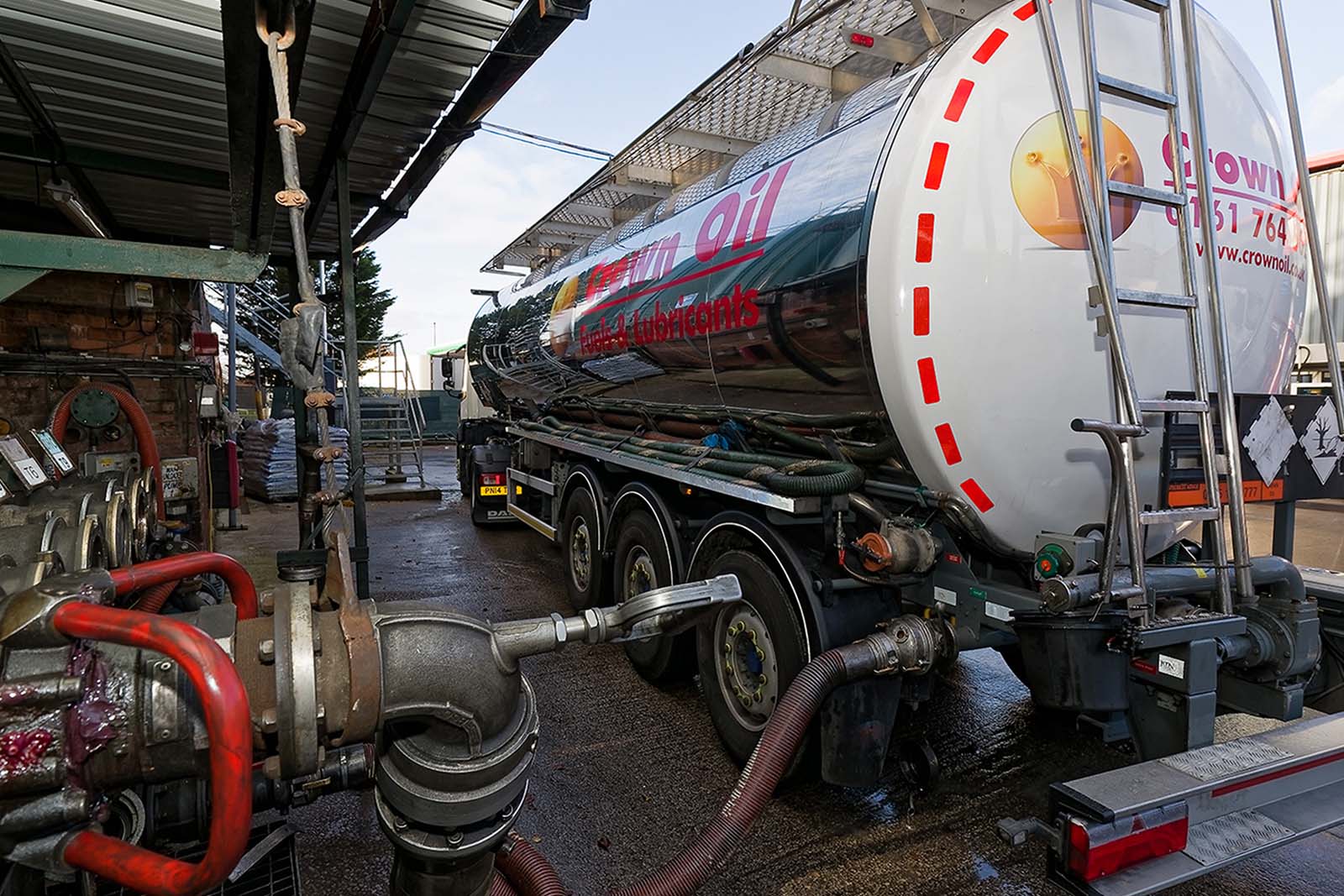The problem
We visited a large site to carry out an underground tank chamber inspection which revealed a significant amount of water in their stored fuel. Unfortunately, this is all too common when storing diesel due to the mandated 7% biodiesel content in mineral diesel. Biodiesel is hygroscopic which means it attracts water, making it highly prone to contamination.
Underground fuel tanks are often a safer and more contained way to store fuel onsite. However, being underground means they are subject to deterioration due to environmental or soil conditions. Due to their inaccessibility, they can’t be regularly checked for signs of damage or leaks. That’s why it’ imperative to get an annual inspection by a certified engineer.
How does water get into an underground tank?
Despite generally being 100% watertight, groundwater or rainwater can seep into a tank through the grate lid/inspection chamber lid. Groundwater levels can also rise and fall, causing water to gather within through incorrectly sealed joints, gaskets, plugs, telemetry points and corroding steel, mainly due to age and the fact that the steel is submerged or exposed to external groundwater.


The solution
Whilst a simple weekly check from the tank owner is often enough to prevent this from happening, only fuel sampling by a professional company can identify if there has been water ingression in the tank – that’s where we can help with our fuel sampling and tank survey services.
In extreme cases of water contamination, particularly where free water is present, we recommend ceasing use of the tank in question and isolating the fuel to eliminate potential risk to your core business, equipment and to any customers.
We offer a full rectification process by way of isolation of the contaminated fuel, offering a fully inclusive solution of temporary fuel supply where applicable. We will then re-attend site to diagnose the issue, and then set to work in one of two ways, depending on the severity:
- Anti-invasive (smaller jobs and low severity) – Our engineers will remove the water from underneath the fuel using pumping equipment and vigorous sampling to ensure minimal waste of wet stock. We will then complete a pressure test of the tank and reseal it where required
- Invasive (larger jobs and severity) – Our team will uplift the salvageable fuel through our 1-micron mobile fuel polishing system, with any salvageable polished fuel stored for the customer
The next step is to remove the tank lid or entry point via a confined space trained crew and under confined space regulations. We will then enter the fuel tank (via man-entry) to carry out a fully invasive tank clean, including hot water jetting and removing all waste via an ADR regulated vac tanker unit at an approved waste facility. All waste notes are provided for duty of care.
The tank is then fully NDT inspected using the latest technology. Any problems such as failing welds, heavy corrosion and pitting of the steel which takes it below the permitted thickness will be deemed a failure and must therefore be rectified before the tank is deemed fit for purpose and put back into service. This could mean relining, plate welding, rewelding or condemnation.
Once all the above areas are passed, the tank is then completely emptied of all equipment and resealed using new gasket seals, nut bolts and washers and fittings, such as telemetry glands and steel plugs.
The final step is pressure testing the tank to 0.5 bar to ensure there is a complete seal, to prevent a repeat of the issue the customer has experienced.
Our customers can then look forward to complete peace of mind that their business is protected from catastrophic infrastructure failure and unplanned downtime due to contaminated fuel.
This client then opted in for annual fuel system inspections (FSI) to ensure they avoid the same issue happening again in the future.
If you suspect water contamination in your organisation or your fuel hasn’t been tested for over 12 months, get in touch with our experts today.


